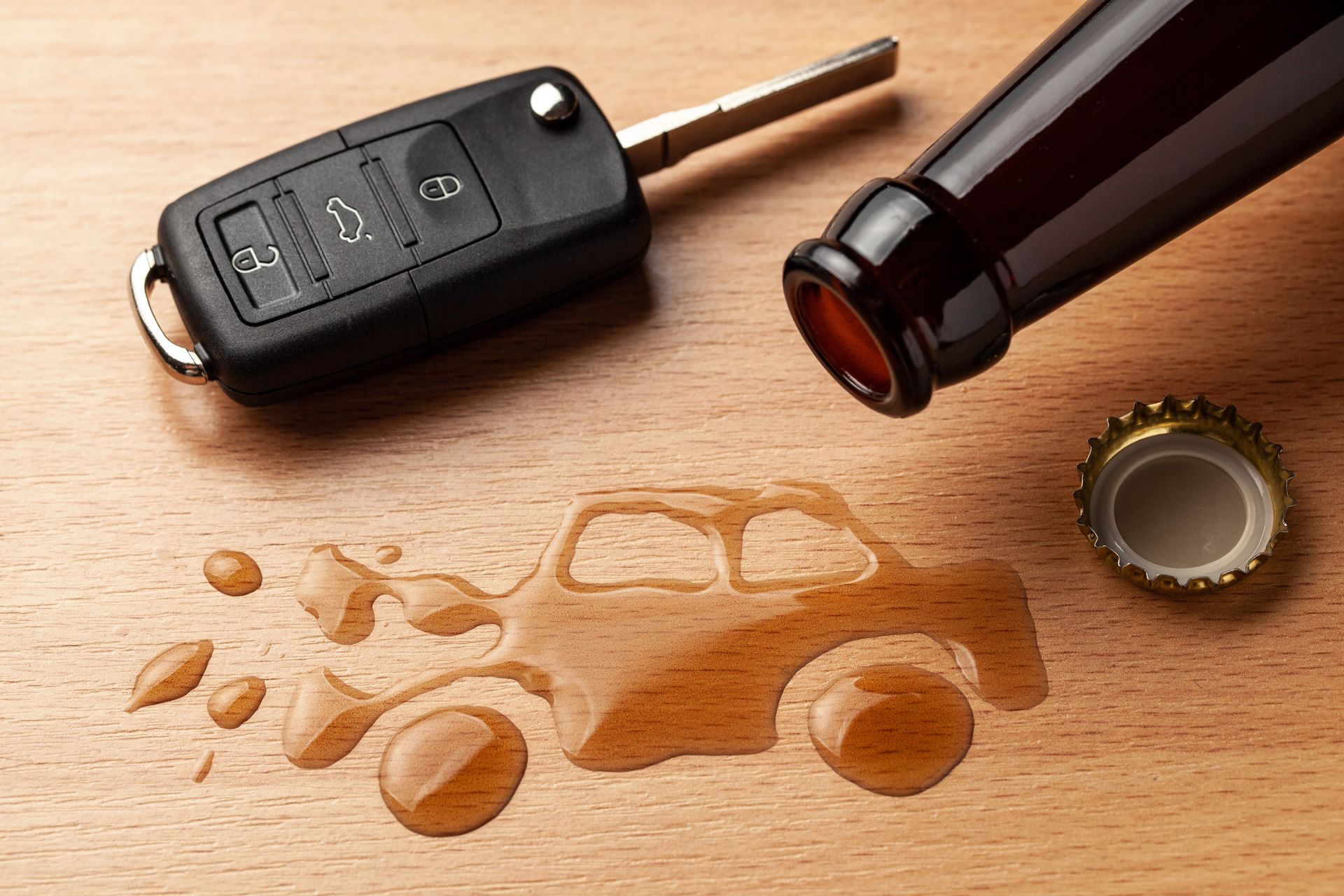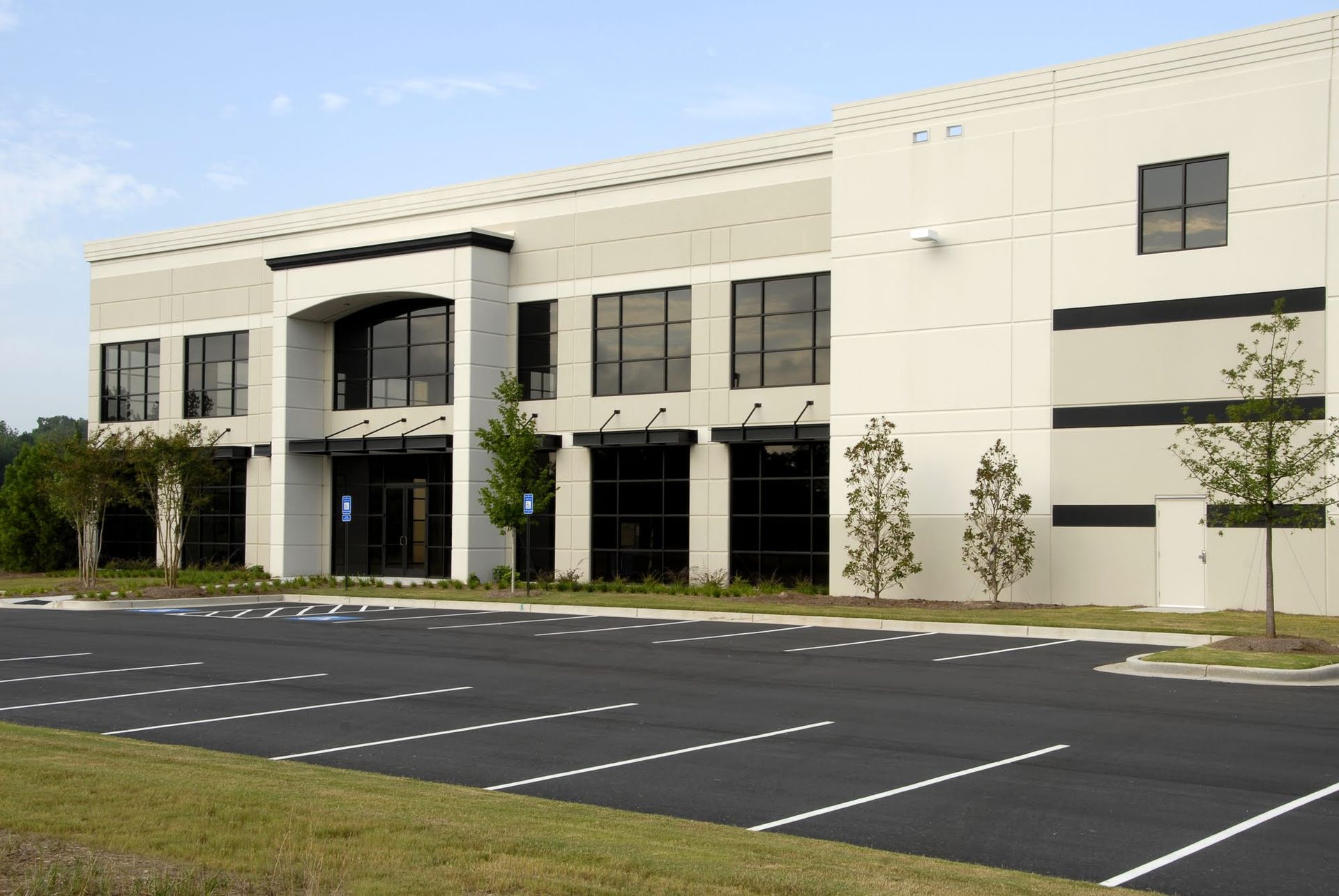Your Car Insurance Deductible: A Guide
When purchasing car insurance, you must choose your insurer and optional coverage, including the deductible amount. Deciding between a higher or lower deductible depends on several factors. This blog post discusses what you need to know about insurance deductibles.
What Is Your Insurance Deductible?
The insurance deductible refers to the money you remit out of your pocket before your insurance company pays the remainder. Essentially, the initial expense falls on your shoulders when you file a claim. By selecting a deductible amount during the policy purchase, you make a financial decision that impacts how much risk you are willing to bear in exchange for a potentially lower insurance premium.
For instance, if you have a $500 deductible and file a claim for $2,000 worth of damages, you will be responsible for paying the initial $500. The insurance company will cover the remaining $1,500. Lower deductibles can provide immediate relief during a claim but typically come with higher premium costs. On the other hand, higher deductibles can lead to lower premiums but require you to shoulder more initial costs in case of a claim.
How Do You Select a Deductible?
Follow these steps when selecting the right deductible.
Select a High or Low Deductible
Opting for a policy with a lower deductible is beneficial if you prefer to avoid facing a large bill after filing a claim. In such cases, the insurance company will cover a larger portion of the claim, reducing the amount you must pay out of pocket. However, this convenience comes at the cost of higher monthly rates, as the insurer takes on more risk.
On the other hand, selecting a plan with a higher deductible can lead to lower monthly premiums, saving you money in the short term. This option is preferable if you are generally healthy and confident in managing smaller expenses. However, in the unfortunate event of filing a claim, you'll be required to pay more upfront before the insurance coverage kicks in.
Figure Out the Value of Your Car
If your car has a lower actual cash value (ACV), which is the current market value of the vehicle, your insurer will not pay more than that amount to repair or replace it. To illustrate, if your car's ACV is just $1,500, the insurance company will not exceed this value in compensation.
The type of car you drive also plays a crucial role in this equation. For owners of older or less valuable vehicles, carrying full coverage might not be financially prudent since the insurance premiums may exceed the car's worth. In such cases, some drivers opt for lower deductibles to reduce their out-of-pocket expenses when filing a claim.
Conversely, if you own a newer and more valuable car, choosing a higher deductible could be a sensible choice as it might lower your insurance premiums.
Decide On Your Tolerance for Risk
Opting for a higher deductible might be suitable for those willing to take on more risk and can afford a significant financial hit if an accident occurs. This approach often leads to lower monthly premiums, which can appeal to financially stable individuals comfortable managing potential expenses.
On the other hand, if you tend to worry about the uncertainties life may bring, and the thought of paying a substantial amount after an accident keeps you awake at night, a lower deductible could be a wiser choice. Although this means slightly higher premiums, your car insurance company will cover a greater portion of the repair expenses in case of an accident.
Mike Pierce Insurance has served Tucson, AZ, for nearly 50 years, providing comprehensive and affordable auto, home, and property insurance. Our experienced agents assist with finding savings and securing sufficient coverage. Contact us for a free quote.
Browse Our Website
Contact Information
Se habla Español
Northwest Tucson Location
Address: 3618 N Oracle Rd., Tucson, AZ 85705 US
Phone:
520-888-8888
East Tucson Location
Address: to 6545 E 22nd St., Tucson, AZ 85710 US
Phone: 520-584-9000
Email: tgboyle@americanvalor.com
South Tucson Location
Address: 1809 S 6th Ave., Tucson, AZ 85713 US
Phone: 520-884-8488















